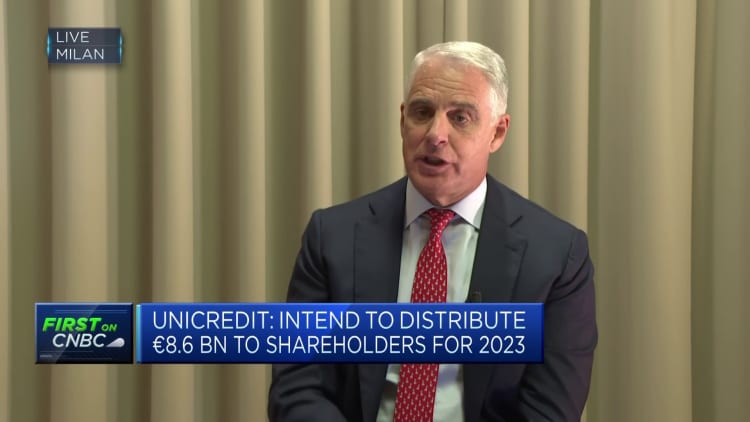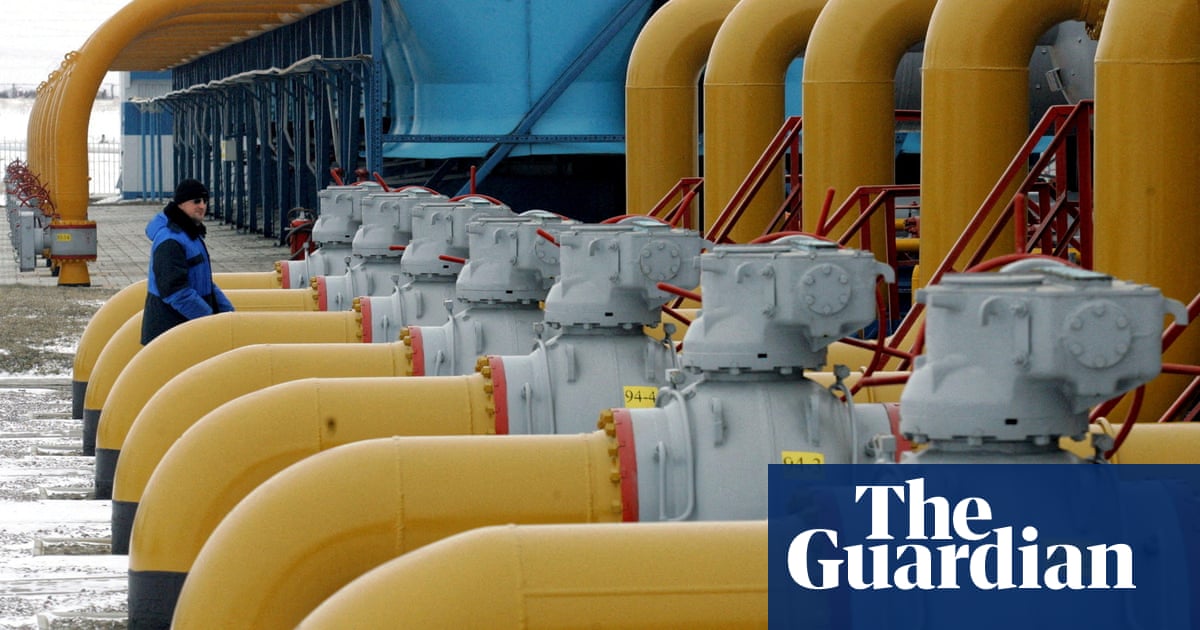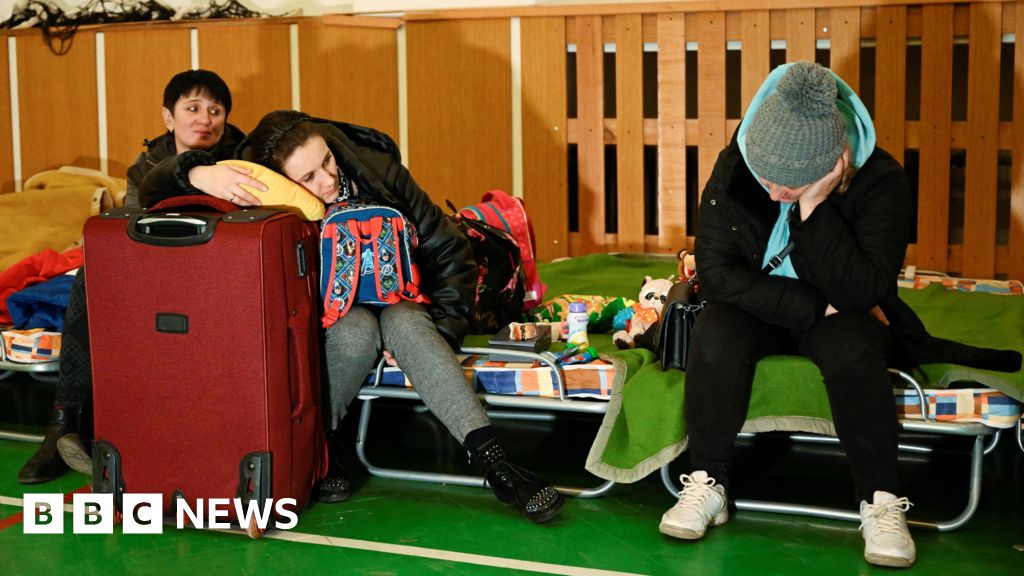Georgia announces that it has confiscated a shipment of explosives heading to Russia from Ukraine. The State Security Service revealed that the explosives were concealed in a shipment of car batteries. The cargo was supposed to be transported to the Russian city of Voronezh from the Ukrainian port of Odesa. It is not clear what the intended use of the explosives was. There have been previous incidents of explosives entering Russia from Ukraine using a similar route. The Ukrainian SBU security service has not provided any immediate response to the situation. Georgia, which opposes Russia’s invasion of Ukraine, has faced accusations of being pro-Russian since the conflict began in February 2022. —Reuters
An anti-war presidential candidate, Boris Nadezhdin, is likely to have his election bid rejected by Russia’s electoral authorities. The Russian Central Electoral Commission (CEC) working group has recommended rejecting Nadezhdin’s candidacy due to defects in the signatures on his nomination papers. His campaign claims that the signatures were carefully selected to avoid potential rejection. However, the CEC found that 15.4% of the signatures were defective and recommended excluding him from the ballot. Nadezhdin’s team plans to challenge this decision during a full meeting of the Electoral Commission. Political analysts believe it is highly unlikely that the Kremlin would allow Nadezhdin to participate in the election, as it could potentially impact the outcome. The Kremlin has stated that it is not inclined to overstate Nadezhdin’s level of support. —Holly Ellyatt
Tucker Carlson’s rumored trip to Moscow has sparked speculation after a video surfaced showing him in a hotel in the city. It is believed that he may be in Moscow for a possible interview with Russian President Vladimir Putin. However, the Kremlin has declined to confirm whether he is in the city or if an interview with Putin is planned. The purpose of Carlson’s trip remains unclear. —Holly Ellyatt
Israel’s new Ambassador to Russia, Simona Halperin, has been summoned by Russia’s Foreign Ministry over what it described as “unacceptable statements” made by the ambassador. Halperin’s remarks in an interview criticizing Russia’s foreign policy approaches and historical realities led to the summons. Relations between Russia and Israel have deteriorated following Russia’s invasion of Ukraine and an attack on Israel by Hamas, which is supported by Russia’s ally, Iran. The Foreign Ministry expressed displeasure with the ambassador’s comments and viewed them as an unsuccessful start to her diplomatic mission. —Holly Ellyatt
The UK Ministry of Defense has stated that it is unlikely that Russia will meet its revenue target for 2024. The ministry noted that Russia plans to increase its expenditure by 26% in 2024 but is reliant on optimistic revenue expectations. It suggested that Russia may need to raise taxes and reduce contributions to its sovereign wealth fund to fund its expenditure. These measures may have adverse effects on the Russian economy in the medium to long term. —Holly Ellyatt
The European Union’s plans for enlargement in the Western Balkans have gained renewed momentum following Russia’s invasion of Ukraine. However, it remains unclear whether the region is ready to take the necessary steps for EU membership. The Western Balkans have applied for candidate or potential candidate member status over the past two decades, but progress has been slow. The outbreak of war in Ukraine has prompted Ukraine, Moldova, and Georgia to apply for EU candidate status. This has injected new energy and commitment into the EU’s enlargement plans for the region. —Karen Gilchrist
Ukrainian President Volodymyr Zelensky visited the front-line village of Robotyne in southern Ukraine, where Ukrainian forces recaptured the village last August. Zelensky met with soldiers and held a security meeting in the region. There is speculation that he may make changes to the leadership of the armed forces. Zelensky’s visit to the front-line village demonstrates ongoing efforts to address the conflict in Ukraine. —Holly Ellyatt
Boris Nadezhdin, a presidential candidate in Russia, submitted his bid to run for the presidency with a platform promoting peace with Ukraine and fair elections. However, it is anticipated that Russia’s Central Election Commission will reject his candidacy. Nonetheless, Nadezhdin’s anti-war stance has garnered public support and poses a challenge to the Kremlin as the election approaches. —Holly Ellyatt
A bipartisan aid proposal amounting to $118.2 billion has been released by the Senate to provide aid to Ukraine, Israel, and improve security at the U.S. border. The bill includes funding for humanitarian assistance in war-torn regions and defense operations in the Red Sea and Taiwan. President Joe Biden has expressed support for the proposal, emphasizing the need for bipartisan agreement to swiftly pass the bill. —Rebecca Picciotto
UniCredit CEO Andrea Orcel has stated that the company continues to scale down its business in Russia. This move is in response to the ongoing conflict in the region. UniCredit is reassessing its operations as the situation in Russia evolves.













